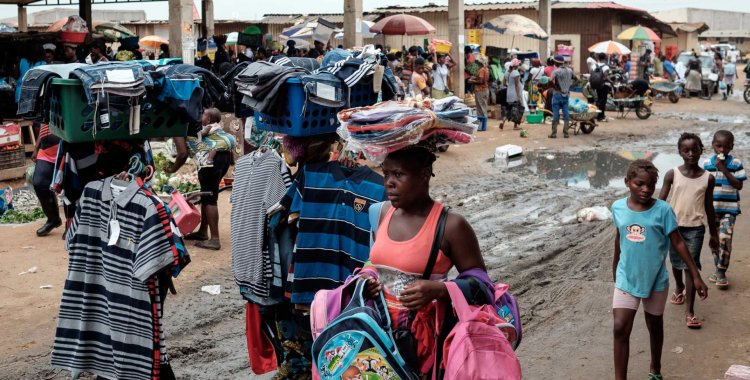Maria de Assunção, who spoke at the opening of the 1st International Forum for the Reconversion of the Informal Economy (FIREI), taking place in Luanda, stated that the transition from the informal to the formal economy "cannot neglect" factors that contribute to the expansion of the phenomenon.
The rector of the university, whose auditorium hosts FIREI until Wednesday, highlighted the "high levels" of lack of employment capable of absorbing the vast majority of Angola's active population and the "excessive bureaucracy" of institutions with the vocation of formalizing commercial activities as factors to take into account.
She highlighted, in her intervention, the rampant levels of economic illiteracy of the populations of Angola, the levels of illiteracy and widespread poverty as other factors that cannot be neglected when approaching the formalization of economic activities.
"Reconversion of the Informal Economy – The Vector for Economic Growth and Fiscal Sustainability" is the motto of FIREI, which discusses with Angolan and foreign experts the implications of the 1st phase of implementation of the Informal Economy Reconversion Program (PREI).
In the UCAN dean's opinion, the issue of 'formalizing' the informal economy in Angola is "sensitive and necessary", as, she noted, it aims to "solve the problem of fiscal sustainability, allowing profitable economic activities to contribute to taxes".
"I think that any effort to transition from the informal to the formal economy must seek to take care of any and all underlying tensions between the interests of the State and the interests of the population with the greatest possible caution", he further argued.
FIREI is promoted by the Ministry of Economy and Planning, the body that has coordinated, since 2021, the implementation of PREI, which has already formalized more than 250,000 economic agents across the country.







